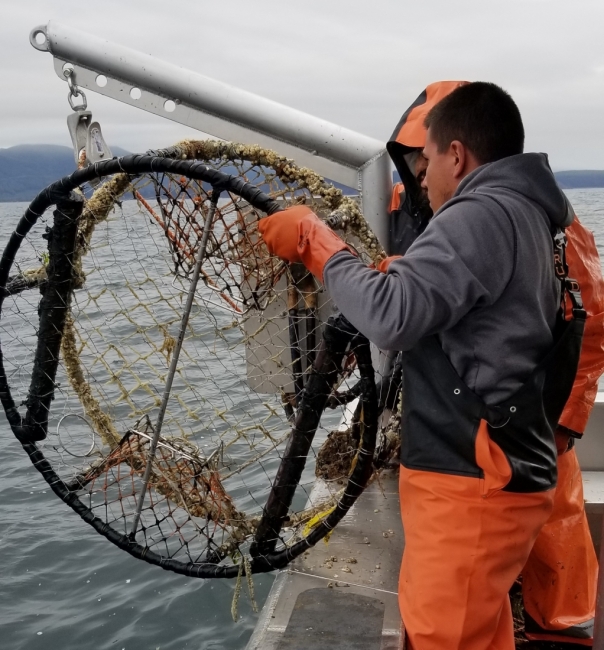The coast, rivers, and lakes of the Pacific Northwest are beautiful and versatile, and yet, they all share a common feature: the presence of marine debris. From large debris to tiny microplastics, marine debris is present in bodies of water worldwide and requires a comprehensive approach to prevent it, research its attributes, and reduce its impacts.
Fortunately, both Oregon and Washington have energetic and engaged marine debris communities including federal agencies, Tribes, non-governmental organizations, academia, industry, and many volunteers, who are dedicated to the prevention, research, and removal of marine debris. Partners created marine debris action plans, one for Oregon and one for Washington, that list on-going and future actions that prioritize and contribute to better communication among all who are working on marine debris. This also includes more effective marine debris reduction and tracking efforts for these states.
Over the years, much work has been done to address marine debris in the region, and the following on-going projects are but a slice of that. In Oregon, Surfrider Foundation and its partners are reaching out to schools, communities, businesses, and legislators to Rise above Plastic Pollution and reduce the use of single-use packaging. The University of Washington Coastal Observation and Seabird Survey Team (COASST) is conducting a study to evaluate observer bias during shoreline surveys using the NOAA Marine Debris Program survey field guide. To address the issue of derelict fishing gear, the Northwest Straits Foundation and their partners are surveying and removing derelict Dungeness crab pots in the Salish Sea, conducting targeted outreach to recreational crab fishers, and measuring the effect of outreach on crab pot loss. Along the northwest corner of the Olympic Peninsula, the Makah Tribe is removing derelict crab pots from Tribal fishing grounds and developing a Tribal program to reduce crab pot loss.
Key to the success of reducing the impacts of marine debris in the Pacific Northwest are the thousands of volunteers who contribute their time and effort to remove, research, and prevent marine debris. The NOAA Marine Debris Program supports volunteer efforts in Oregon and Washington through Ocean Conservancy’s International Coastal Cleanup, the efforts of CoastSavers and the GrassRoots Garbage Gang in Washington State, and recently, volunteer-based shoreline surveys. Large or small, every effort counts.


I run a 501C3 nonprofit by the name of Oceans Blue Corp. Our mission is simple, help keep the oceans blue and healthy through education prevention and active removal of debris. We recently started a chapter in Washington and are working to get trash cans on beach side state parks. The parks district is low on funding and cannot fund trash cans/removal of trash in some of the parks. Any help to get the word out for funding or partners would be wonderful.
Beyond this we are working to partner with people in the are to do monthly beach clean ups at rotating parks on water ways, both marine and fresh water. Any park managers interested in working on this program, please reach out.